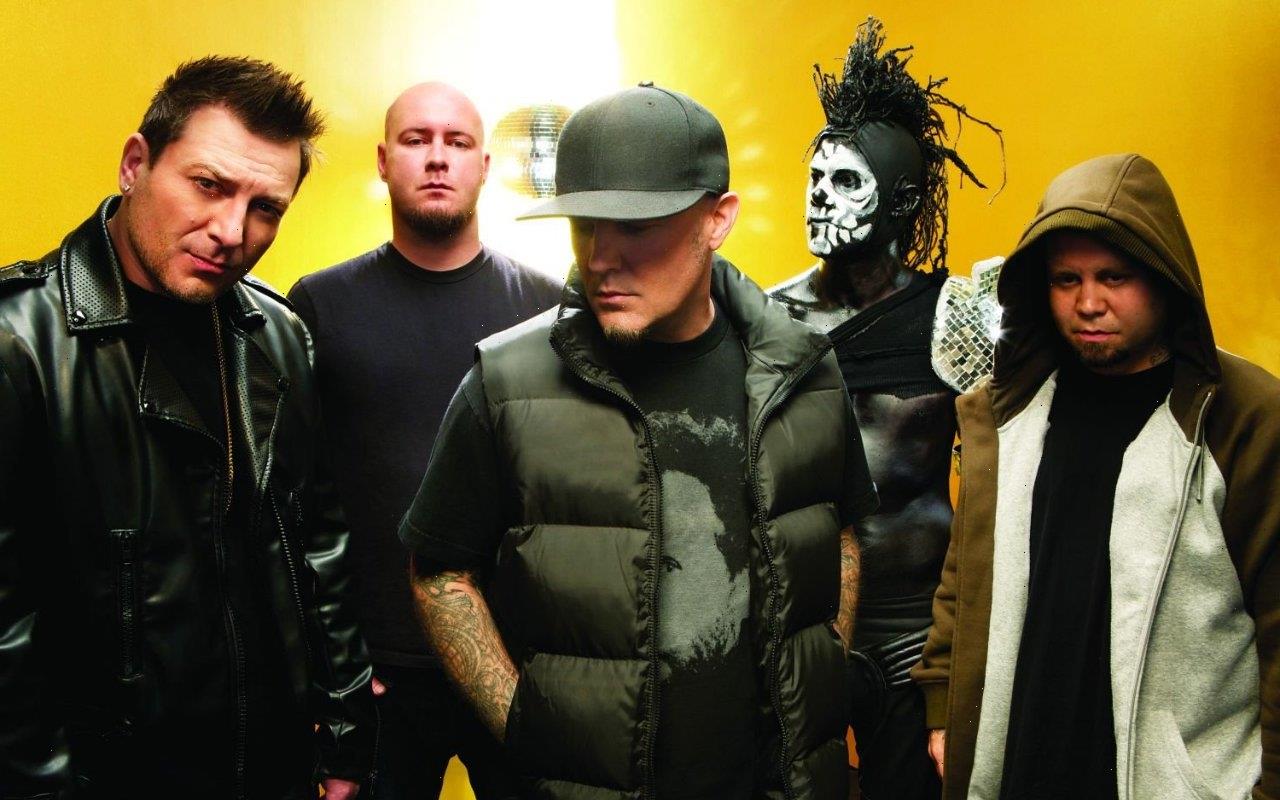If I Can’t Have Love, I Want Power ★★★★
Halsey
There’s a darkness to Halsey’s fourth record that befits the current times, as well as the artist’s own transitional life period. But there’s a light, too. If I Can’t Have Love, I Want Power is a claustrophobic journey that explores the age-old Madonna/whore complex – women are either pure and undesirable, or immoral and desirable. In this case, it’s seen through the lens of pregnancy, childbirth and parenthood, as the American singer – real name Ashley Nicolette Frangipane – reveals the impacts of these experiences on their personhood. It’s a record of dualities.
Halsey’s previous albums have sat firmly in the electro-pop sphere but the musician has long resisted the pop star label.Credit:Universal Music
Earlier this year, the musician announced their pregnancy via social media, and shortly afterwards shared that they wished to use she/they pronouns. Pregnancy had changed their relationship with gender: “I thought pregnancy would give me very strong, binary feelings about ‘womanhood’ but truly it has levelled my perception of gender entirely. Doing a remarkable thing. And it’s grand. I hope the feeling lasts,” they wrote on Instagram.
Implicitly or explicitly, this experience winds its way into Halsey’s new record, which is their most expansive and ambitious yet. Working with Nine Inch Nails’ Trent Reznor and Atticus Ross (who, together, have worked on film soundtracks – including The Social Network – since 2010), the sonic influence of the pair is hugely evident across the record’s 13 songs. Like contemporaries Billie Eilish and Grimes, Halsey isn’t afraid of moving into the grittier side of the sound spectrum, communicating abject body horror, confusion and joy through thrashing industrial fuzz.
The record is an evolution for Halsey. Although their past records have sat firmly within the electro-pop sphere, the musician has long resisted the pop star label: “If you’re a female alternative artist and you do anything that’s even slightly pop leaning, it’s condemning,” they said in an interview with the Zach Sang Show in 2017. What works so well in If I Can’t Have Love, I Want Power is that it straddles genres and moods, flowing through a number of modes – including, yes, pop – with ease.
Opener The Tradition is buoyed by gentle piano, but becomes more urgent as the track increases to a towering, vocal-only climax. The glitchy Girl Is a Gun is a highlight, all frenetic drum machines and propulsive electro-pop beats. The number of high-profile collaborations, spanning several musical generations, makes an impact on the record’s fluid sound: Darling, featuring Lindsey Buckingham, formerly of Fleetwood Mac, on finger-picked guitar, is a gorgeous acoustic number that throws back to some of that band’s more tender moments. You Asked For This has a similar anthemic quality to the Foo Fighters’ 1997 single Everlong, which is fitting as frontman Dave Grohl makes an appearance drumming on Honey. Through these moments, the record looks back as much as it looks forward, spanning sounds from across time.
“This image is my means of reclaiming my autonomy,” says Halsey of her album cover.Credit:Universal Music
There are small exorcisms as the artist comes to grips with their own reality: “I won’t die for love, but I’ve got a body here to bury,” they sing on the contemplative 1121, as the song builds to an intense chorus. The effect of Whispers is akin to trying to breathe in an airless room: “You sabotage the things you love the most,” they sing over ghostly keys. “Camouflaged so you can feed the lie that you’re composed.” The titular whispers are like the devil on the singer’s shoulder before they flip the script in the chorus, taking on the first-person to reveal that they’re suffering the same afflictions. It’s staggeringly affecting.
If I Can’t Have Love, I Want Power is a theatrical, grandiose listening experience that also acts as a statement of intent and identity for the artist. On the cover, Halsey is pictured in a long, purple gown with their breast exposed, holding a child and sitting atop an elaborate golden throne.
“My body has belonged to the world in many different ways the past few years, and this image is my means of reclaiming my autonomy and establishing my pride and strength as a life force for my human being,” Halsey said of the image. The same can be said for the record, which is equal parts angry and joyous, seeing Halsey stand tall in the face of societal expectations as they take on a new role.
Find out the next TV, streaming series and movies to add to your must-sees. Get The Watchlist delivered every Thursday.
Most Viewed in Culture
From our partners
Source: Read Full Article




